Negative self-talk is one of the most powerful inhibitors to good communication, and it’s entirely within our control.
You might not think about it much, but we are constantly talking to ourselves. Not in words, per se, but in the narratives we each create in our minds about everyday situations. Those narratives have the power to shape and change your life in dramatic ways.
As I talk about in my book Honestly Speaking, conquering this negative self talk is the key to unblocking how you communicate. Simply recognizing when it happens, stepping back, and observing it rather than following its every twist and turn can really help you be clear about what your overall, bigger purpose is and how you should communicate with your audience.
Self-talk is automatic—our minds love to develop negative or defeating narratives. But the good news, is we can over-ride those tendencies and improve how we communicate simply by shifting our own internal narratives. Listening to that talk track and then simply putting it aside can work wonders in all kinds of situations so you see more clearly the factors in front of you and how to communicate with others around you.
If it’s not automatic or easy for you to do (and this is hard for me and just about everyone I know) here are a few ways you can think about taming your own negative self-talk and communicating with more confidence and clarity:
Notice your knee-jerk reactions to situations, particularly ones where you are challenged. Are you quick to find a reason to shoot down people’s opinions? Are you constantly interrupting people and not letting them finish their train of thought? Instead of listening, are you searching for the next thing to say?
Develop a forward-thinking mindset in a way that feels authentic to you. For some people this will mean writing in a gratitude journal, and for others this will mean incorporating some sort of meditation into their daily routine or constantly reminding themselves that going to a negative space isn’t serving them in any way. Lots of books, like The Power of Habit by Charles Duhigg, show us that one positive change can reverberate in other parts of your life. I talked about journaling daily in an earlier chapter, and the simple act of writing out my thoughts about work and challenges with projects opened up entire new, richer, more authentic ways of connecting with people in a variety of aspects of my life.
Give yourself the gift of grace by allowing yourself to make, correct, and move on from mistakes. No one is perfect all the time, and you are no exception. Some days you’ll be better at positivity than others, and that is okay. The good news is that you have each and every day of your life to improve upon this.
When in doubt, listen with curiosity and an open mind. Yes, I’m saying this again, because it’s really that important. When you find yourself spiraling into negative self-talk about yourself, the people in your life, or your situation, stop and listen. Don’t do anything beyond that. The simple act of listening will open up your perspective and allow for more understanding, empathy, and compassion, which will in turn make all your communications more rewarding and fruitful.
This article is an adapted from Honestly Speaking: How the Way We Communicate Transforms Leadership, Love, and Life, published this month.

